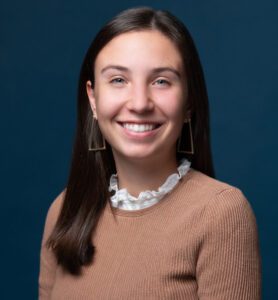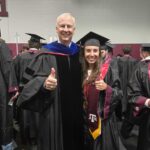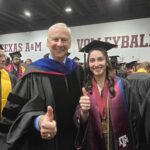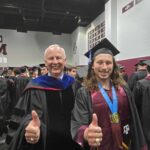 Hannah Lehman and Chris Leshikar graduated with their Ph.D. Degrees in Aerospace Engineering.Congratulations Hannah and Chris, VSCL is proud of your accomplishments!
Hannah Lehman and Chris Leshikar graduated with their Ph.D. Degrees in Aerospace Engineering.Congratulations Hannah and Chris, VSCL is proud of your accomplishments!
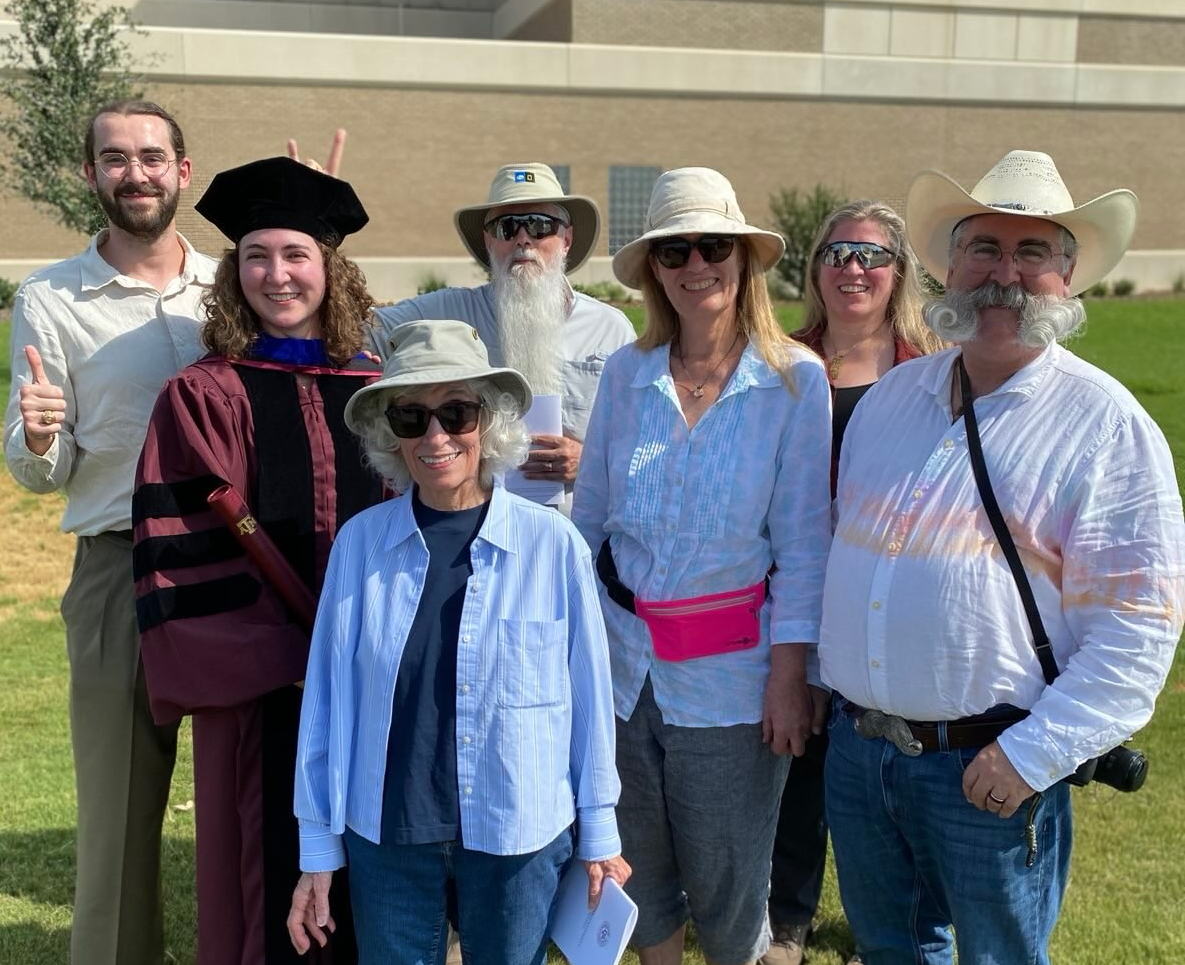
Hannah Lehman is the 62nd graduate student advised to completion of their degree by Dr. Valasek, and the title of her dissertation is “Hierarchical Auctions for the Coordination of Heterogeneous Agents using Machine Learning“. Hannah will be working at Sandia National Laboratories, where she has now done four graduate internships.
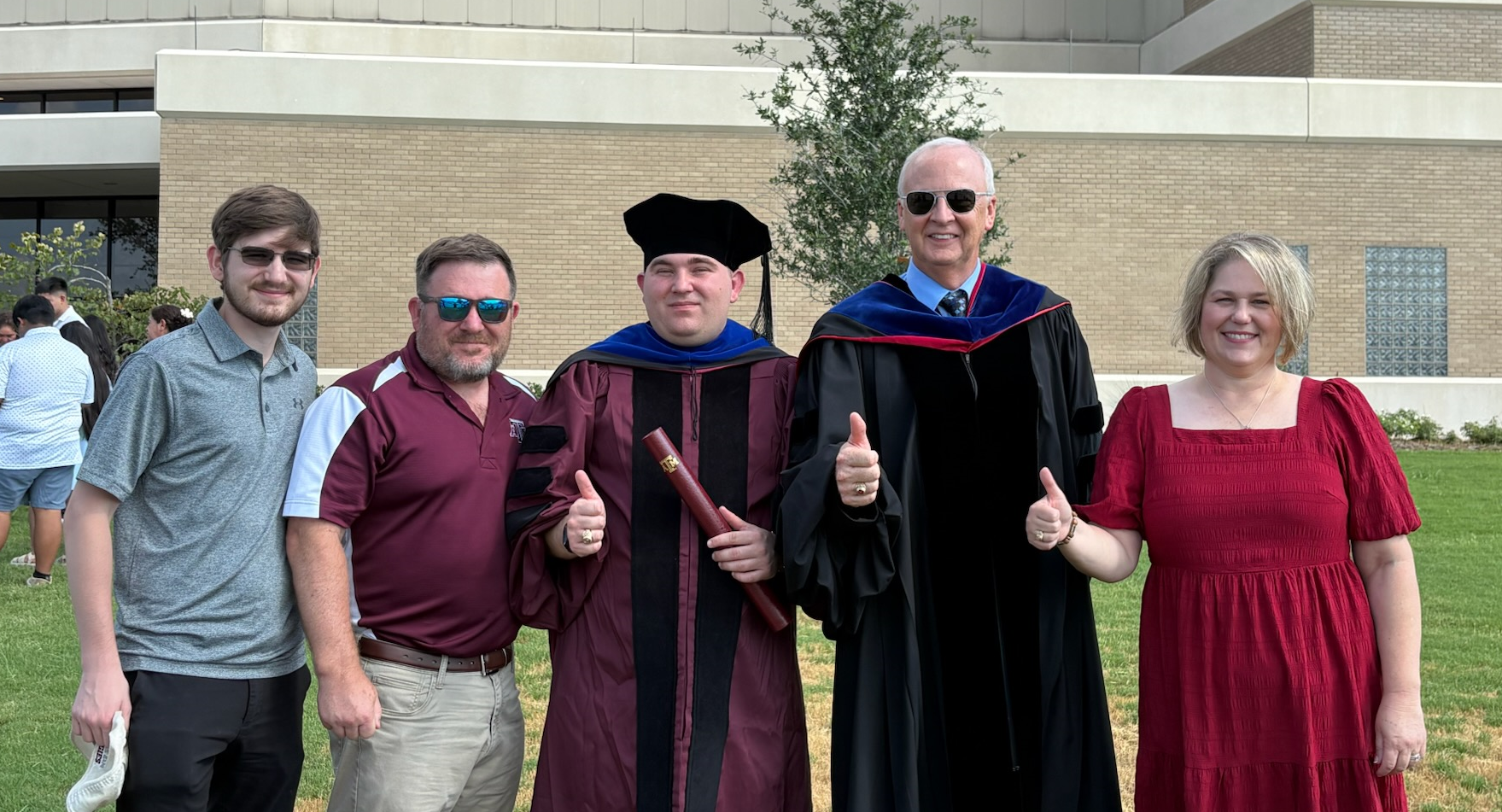
Chris Leshikar is the 63rd graduate student advised to completion of their degree by Dr. Valasek. Chris’s research was supported by the National Science Foundation under the Center for Autonomous Air Mobility and Sensors (CAAMS) and the title of his dissertation is “Markov Parameter Based Methods for System Identification“. Chris will begin seminary formation for the Catholic Diocese of Victoria later this year.

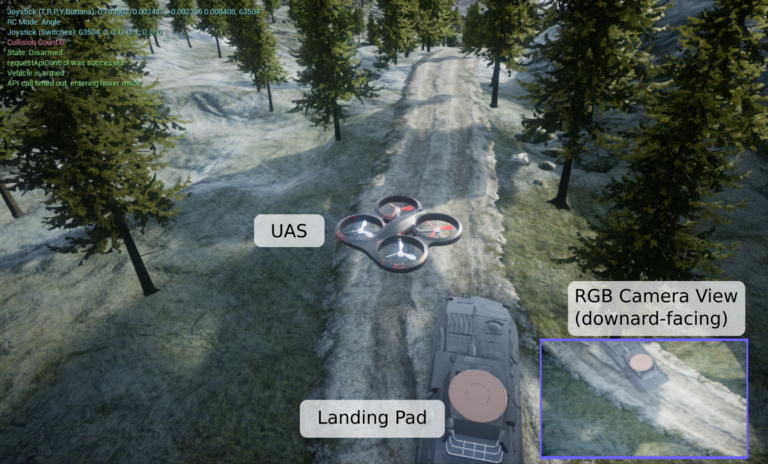

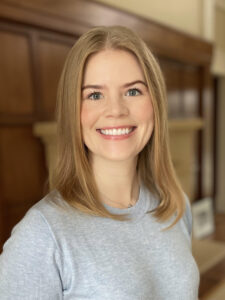 Erin Swansen: Guidance, Navigation, and Control TC
Erin Swansen: Guidance, Navigation, and Control TC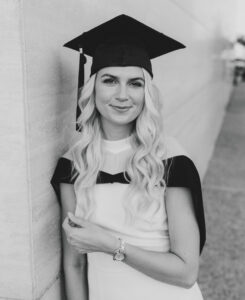 Cassie-Kay McQuinn: Intelligent Systems TC
Cassie-Kay McQuinn: Intelligent Systems TC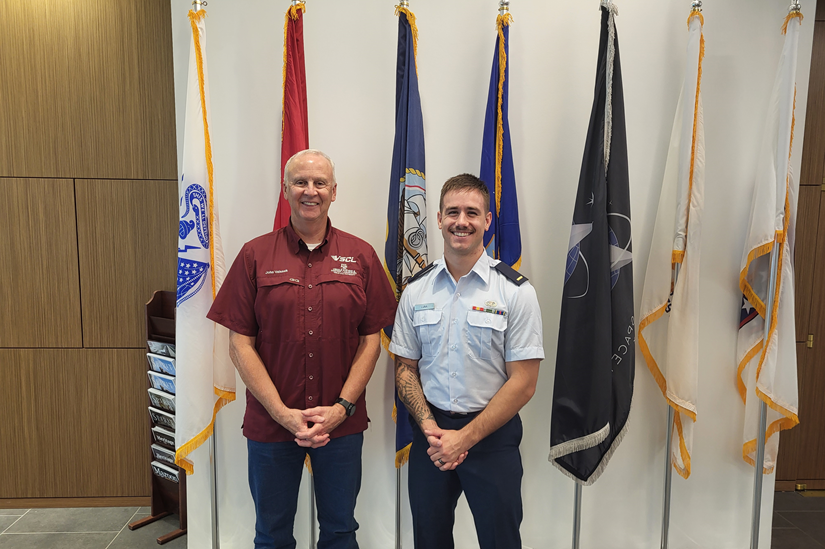
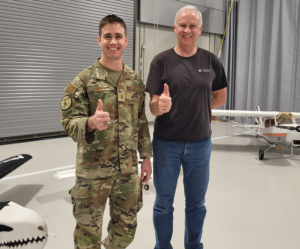
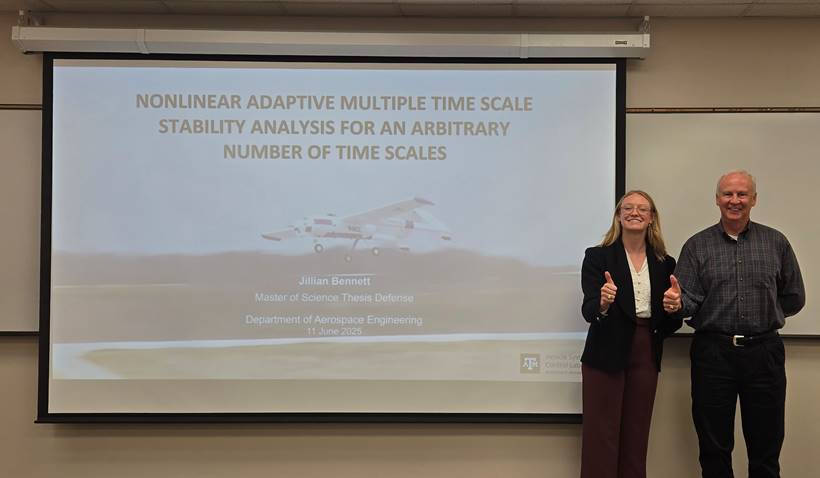
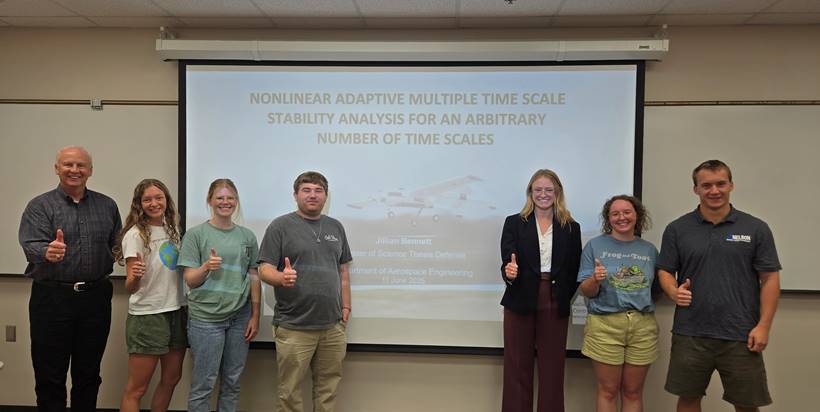
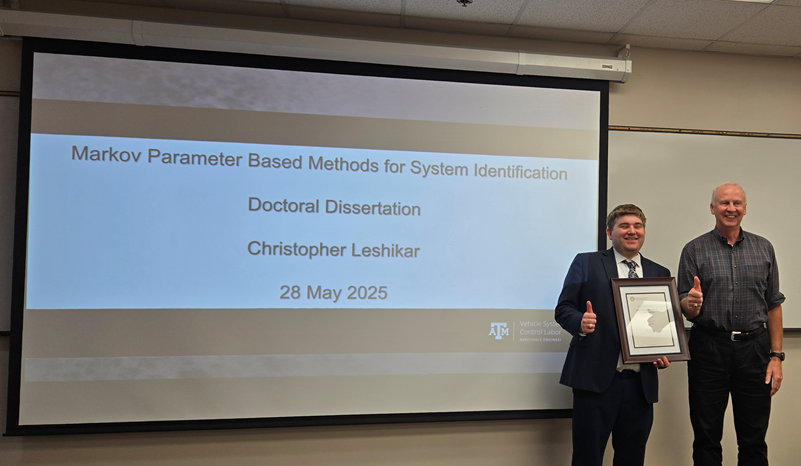
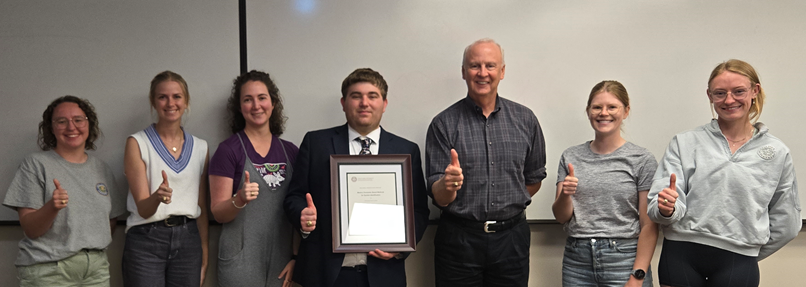
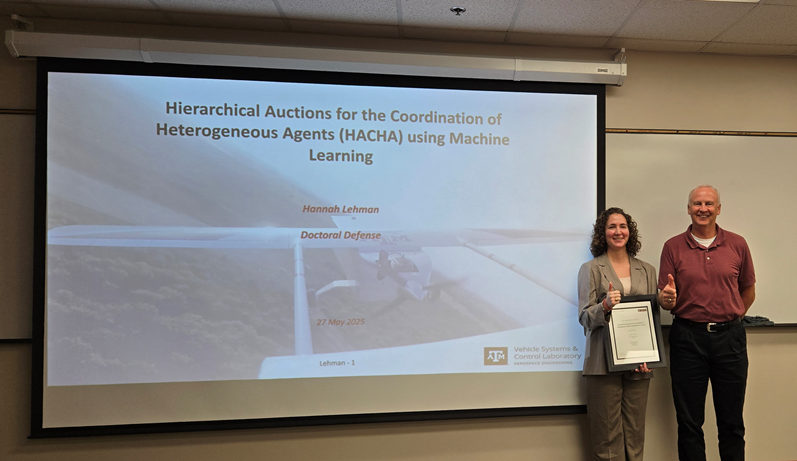

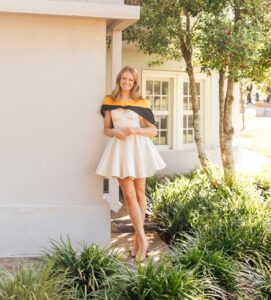 Jillian was honored at the Texas A&M University’s Graduate and Professional School’s 2025 Spring Awards Ceremony with the Outstanding Mentoring Award for Graduate and Professional Students. This award recognizes and honors individuals who have demonstrated exceptional commitment to mentoring undergraduate students or peers. Jill is passionate about mentoring students through her lab and organizations like Sigma Gamma Tau and the aerospace honor society, helping women navigate school and life stressors while pursuing aerospace engineering opportunities. Congratulations Jill!
Jillian was honored at the Texas A&M University’s Graduate and Professional School’s 2025 Spring Awards Ceremony with the Outstanding Mentoring Award for Graduate and Professional Students. This award recognizes and honors individuals who have demonstrated exceptional commitment to mentoring undergraduate students or peers. Jill is passionate about mentoring students through her lab and organizations like Sigma Gamma Tau and the aerospace honor society, helping women navigate school and life stressors while pursuing aerospace engineering opportunities. Congratulations Jill!